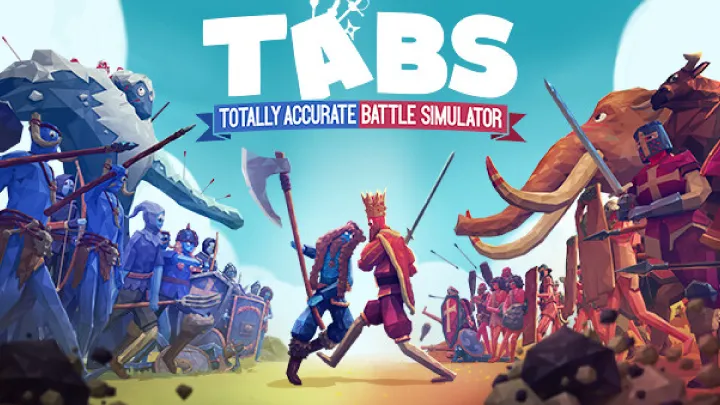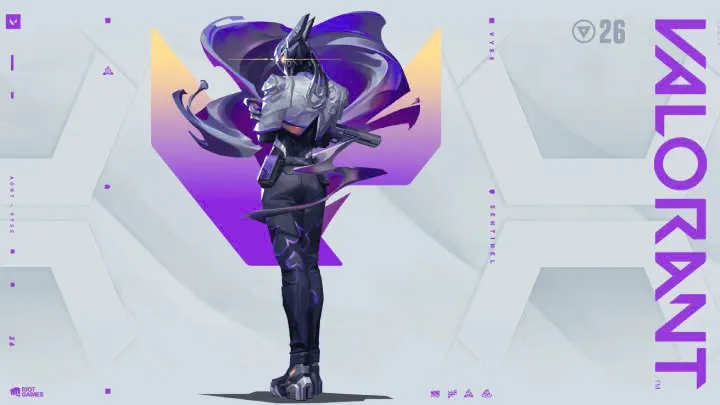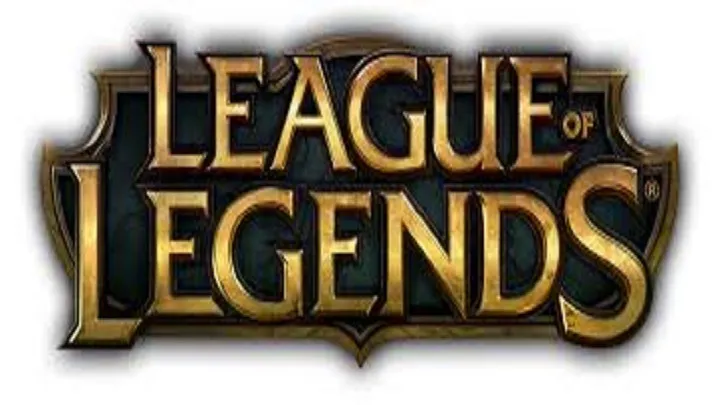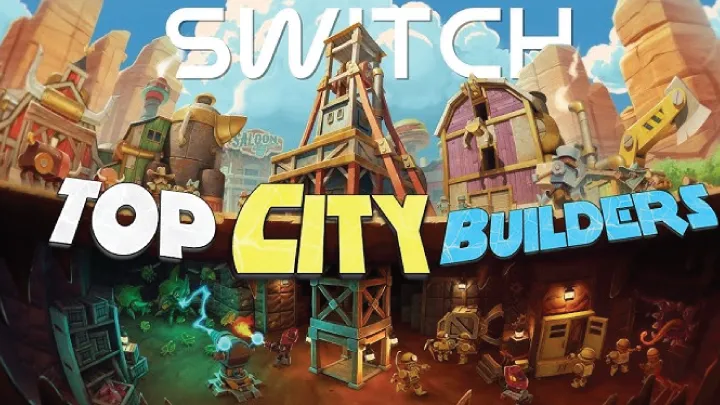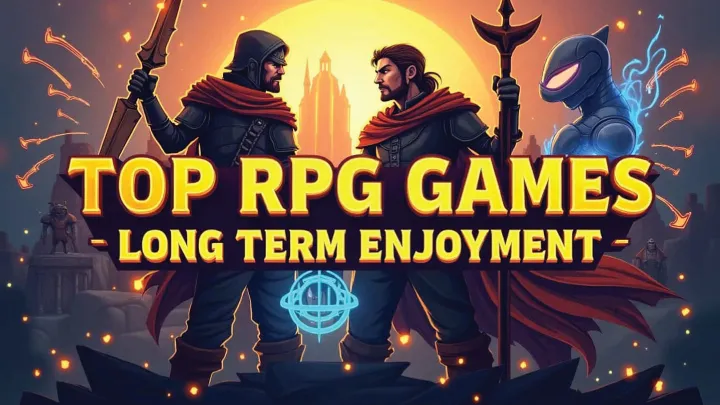The Legend of Zelda: Exploring the Concept of Time in Ocarina of Time
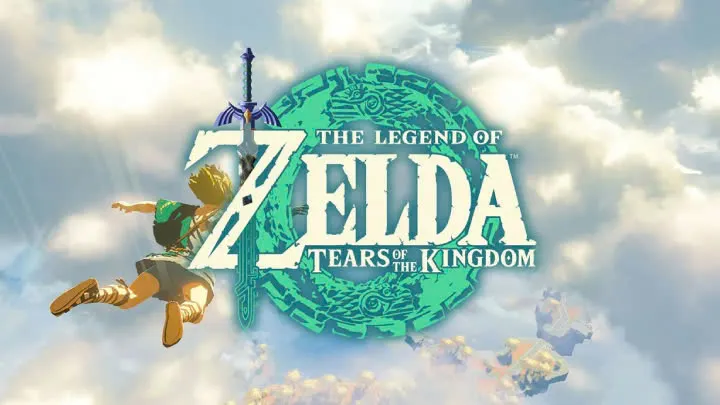
The Legend of Zelda: Ocarina of Time is often hailed as one of the greatest video games of all time, not just for its innovative gameplay but also for its intricate narrative structure. A key element of this narrative is the concept of time, which is woven into the gameplay mechanics, character arcs, and overall story. This article will explore how time is represented and utilized in Ocarina of Time, examining its impact on player experience and the narrative.
The Dual Timeline: Past and Present
The Structure of Time
At the heart of Ocarina of Time is the ability to travel between two distinct timelines: the childhood timeline and the adulthood timeline. This duality creates a complex narrative structure that allows players to experience Hyrule in two different eras.
Childhood Adventures
During Link's childhood, players engage in quests that establish the foundation of the story. This period is characterized by innocence, exploration, and the initial buildup of Link’s character. Players interact with various characters, each contributing to the narrative and the world-building.
The Adult Link Experience
Upon traveling seven years into the future, Link becomes an adult, and the tone of the game shifts dramatically. The world is darker, and the stakes are higher, which is reflected in the gameplay and narrative.
Consequences of Actions
The choices made in the childhood timeline resonate in the adulthood timeline. Players see the consequences of Link's earlier actions, adding depth to the narrative. For example, the state of Hyrule is directly affected by what Link accomplished as a child, emphasizing the importance of time in shaping the world.
The Role of the Ocarina
A Musical Instrument with Power
The Ocarina itself is a central gameplay mechanic that embodies the theme of time. By playing different songs, Link can manipulate time in various ways, such as summoning rain or changing day to night.
Songs of Time
Several key songs have direct implications for time manipulation. For instance, the "Song of Time" allows Link to unlock doors to the Temple of Time, while "Zelda's Lullaby" is crucial for interacting with specific characters and locations.
Emotional Resonance of Music
The music played on the Ocarina enhances emotional moments, creating a deeper connection between players and the narrative. Each song carries significance, often tied to memorable scenes or character developments.
Time as a Narrative Device
Foreshadowing and Backstory
The manipulation of time allows for rich storytelling opportunities, particularly through foreshadowing. Players learn about the past of Hyrule and its characters through flashbacks and interactions, deepening the narrative.
The Tragedy of the Future
The adult timeline is filled with references to the past, revealing the consequences of Ganondorf's actions and the failures of past heroes. This tragic dimension adds emotional depth to the story and emphasizes the cyclical nature of time.
Character Development
Time also plays a significant role in character development. Characters such as Zelda and Ganondorf are shaped by their experiences over the years, and players witness their evolution across the timelines.
Zelda’s Role
Princess Zelda’s character is particularly interesting; her transformation from a passive figure in the childhood timeline to a strong, determined leader in the adult timeline exemplifies how time shapes identity and purpose.
Thematic Exploration of Time
The Nature of Change
Ocarina of Time explores the theme of change, both personally and socially. As Link transitions from a child to an adult, he faces new challenges and responsibilities.
Growth and Maturity
This growth is mirrored in the world around him. The once vibrant Kokiri Forest becomes a shadow of its former self, and the people of Hyrule are affected by the passage of time and Ganondorf’s tyranny.
The Weight of Legacy
The game also delves into the concept of legacy. Link inherits the duties of the Hero of Time, and his actions will influence future generations. This legacy is a recurring theme throughout the Zelda series.
Cycles of Time
The cyclical nature of time in Ocarina of Time suggests that history is bound to repeat itself unless addressed. This idea resonates with players, prompting them to consider their own impact on the world.
Gameplay Mechanics and Time
Time-Based Puzzles
The game incorporates time-based mechanics into its puzzles, requiring players to think critically about how they manipulate time to progress. These puzzles often involve using the Ocarina to change time or solve challenges that require timing and precision.
Examples of Puzzles
Key examples include the use of the Ocarina to manipulate the day-night cycle to solve quests or uncover secrets. Players must learn how to use time not just as a narrative device but as a fundamental aspect of gameplay.
Time Limits and Pressure
Certain segments of the game introduce time limits, adding a layer of urgency. For instance, the final events leading to the confrontation with Ganondorf create tension, emphasizing the stakes involved in Link’s quest.
The Emotional Impact of Time
Nostalgia and Reflection
The theme of time evokes feelings of nostalgia, particularly for players who have experienced the game over the years. The childhood timeline resonates with memories of innocence and discovery.
Emotional Connections
The adult timeline, filled with loss and struggle, prompts reflection on the passage of time and the changes that come with it. This emotional complexity enriches the player experience, making it memorable.
The Impact of Time on Relationships
Link's relationships with other characters are profoundly affected by time. His bond with Zelda evolves from friendship to mutual respect, demonstrating how shared experiences shape connections.
Bonds Across Time
Characters like Saria and Darunia also illustrate the significance of time in relationships. Players witness how time alters their lives and roles within the story, creating a rich tapestry of interconnections.
Legacy of Ocarina of Time
Influence on Future Titles
Ocarina of Time set a standard for future games in the Zelda series and beyond, particularly in its handling of time. The concepts introduced in this game have been revisited and expanded in later installments.
Innovative Gameplay
Time travel mechanics have appeared in various forms in subsequent Zelda titles, demonstrating the lasting impact of Ocarina of Time on game design and storytelling.
Cultural Significance
The game’s exploration of time has resonated with players and critics alike, solidifying its legacy in the gaming community. Its themes continue to inspire discussions about narrative structure and emotional depth in video games.
Conclusion
The Legend of Zelda: Ocarina of Time masterfully weaves the concept of time into its narrative, gameplay, and emotional experience. Through the dual timelines, the Ocarina’s power, and the development of characters, the game explores profound themes of change, legacy, and the cyclical nature of history. The innovative use of time not only enhances player engagement but also sets a benchmark for storytelling in video games. As a result, Ocarina of Time remains a timeless classic that continues to resonate with players across generations.







